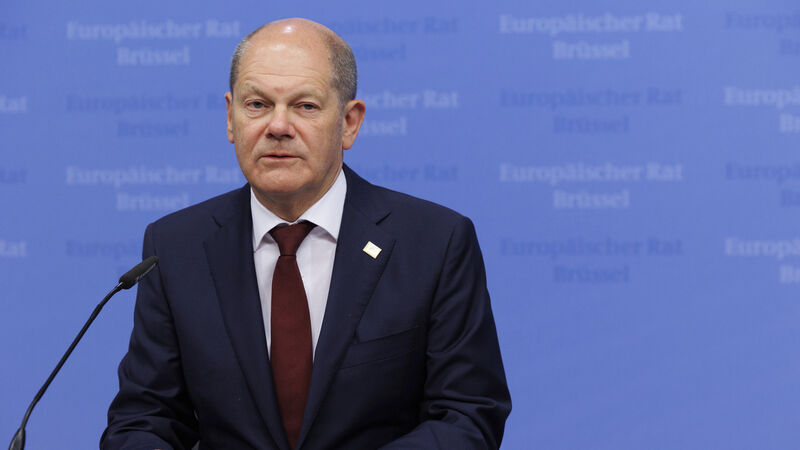Germany set to raise minimum wage to €12 an hour

Germany’s ruling coalition — lead by German chancellor Olaf Scholz and comprised of Social Democrats, Greens and Free Democrats — had agreed on the measures.
Germany’s lower house of parliament approved an increase in the minimum wage to €12 an hour from October, which Labour Minister Hubertus Heil said will benefit more than six million people working in Europe’s largest economy.
The legislation, which will get final approval from the upper house of parliament next Friday, will mostly benefit women and people in the eastern states, Mr Heil said in a tweet.














